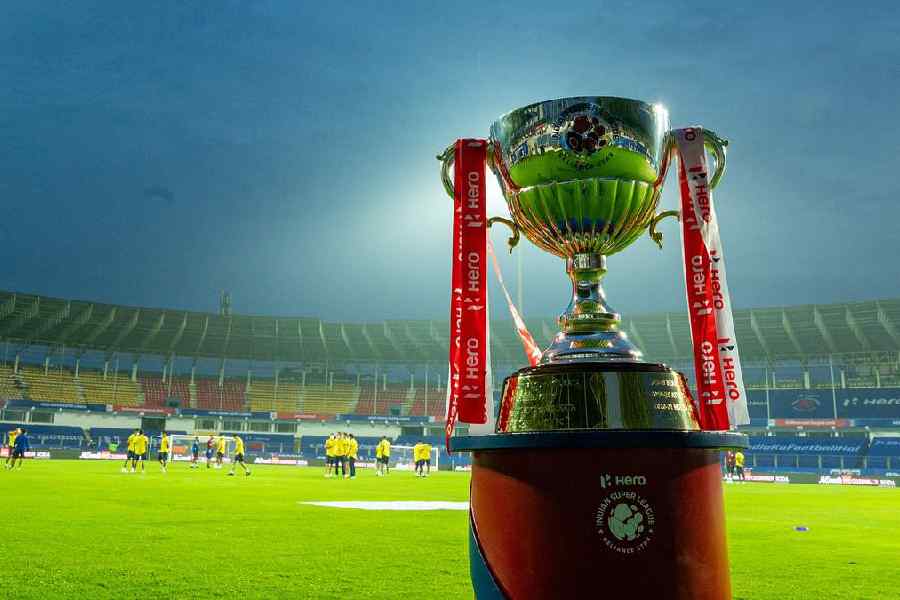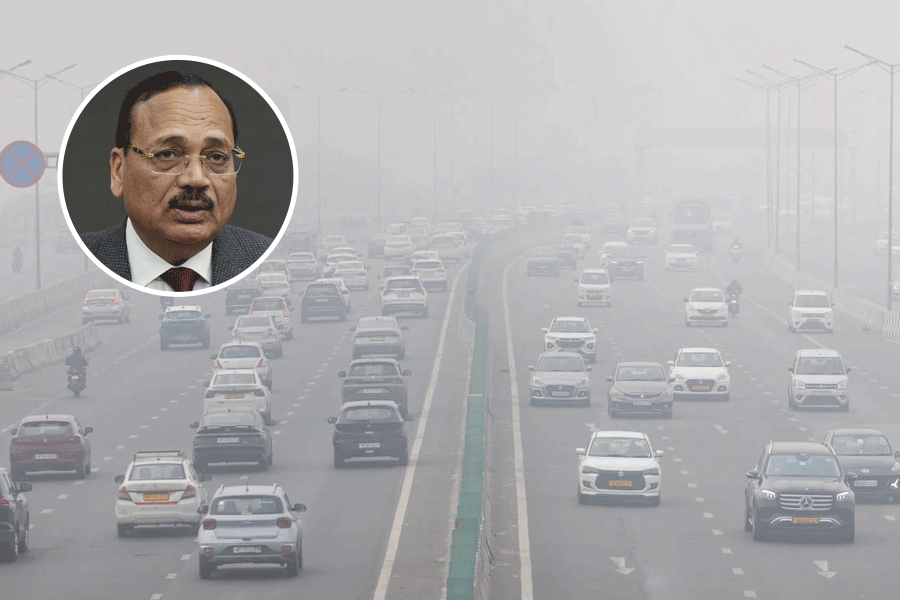Sports activist and lawyer Rahul Mehra has slammed the National Sports Governance Bill 2025, calling it “undemocratic” and a deliberate attempt to dismantle reforms achieved through years of litigation.
Mehra told The Telegraph Online that the bill “sanctifies unending tenures, protects entrenched interests, and opens the door for politicians and tainted officials to control Indian sports indefinitely.”
The Lok Sabha passed the bill on Monday, with sports minister Mansukh Mandaviya calling it the “single biggest reform in Indian sports since Independence” and linking it to India’s bid for the 2036 Olympics.
The bill proposes a National Sports Board (NSB) to regulate the National Sports Federations (NSFs), introduces a National Sports Tribunal, and eases the age cap for sports administrators from 70 to 75 under certain conditions.
Mehra disputes both the timing and intent.
“Why now? Everything was going fine for them. The real reason is to undo the 16 August 2022 Delhi High Court judgment in my PIL, which brought sweeping pro-player reforms. Instead of implementing those reforms, they have brought this Act to nullify them before the Supreme Court can deliver its reserved verdict on the same issues,” he said.
On 16 August 2022, the Delhi High Court delivered a judgment in Rahul Mehra vs Union of India, directing that the Indian Olympic Association’s constitution (and by extension all national sports federations) must be brought into strict compliance with the National Sports Development Code of India, 2011, across 13 identified areas of governance including tenure, voting rights, and inclusion of athletes.
Undoing of tenure and age limits
Mehra explained that the 2022 judgment restricted all office bearers, including executive members, to three four-year terms, with a mandatory four-year cooling-off period after 12 years, effectively capping total tenure at 16 years.
The new Act allows 12 years continuous tenure, followed by a four-year break, and then another 12 years — repeatedly.
“It is now unending tenure till god intervenes,” he said, adding that age restrictions have also been diluted.
“The limit was 70. Now if you are even a day short of 70 when filing nomination, you get another five years. At 75, you can still continue if you hold a post in an international body, with exemptions granted by a government-appointed board.”
Return of disqualified officials
According to Mehra, the bill will enable the return of officials removed through court action, including the likes of Praful Patel and Brij Bhushan Sharan Singh.
It removes clauses that barred individuals facing criminal charges for serious offences from holding office. “Now criminals, rapists, murderers, kidnappers can continue in office for perpetuity,” he said.
Dilution of player representation
The 2022 judgment mandated that a minimum of 25 per cent of members in both the general body and executive committee of NSFs and the IOA be elected players of outstanding merit, with voting rights.
Mehra said the new Act eliminates the general body and retains only two elected players and two nominated sportspersons in the executive committee. “Now the bosses will nominate pliant players. Even voting rights are left to the discretion of the body. Players can be mere decorative pieces.”
No accountability at state and district level
Mehra noted that the 2022 reforms extended governance standards — including age, tenure, and integrity clauses — to state and district sports bodies, with non-compliance leading to derecognition.
The new Act removes this requirement, allowing officials to hold office for decades at sub-national levels.
Curtailing court access
Another contentious provision, Mehra said, is the removal of high court jurisdiction in sports matters, routing appeals from the Tribunal directly to the Supreme Court. “This will make it impossible for most sportspersons to challenge decisions, given the cost and time involved.”
Concentration of government control
While Mandaviya has described the NSB and Tribunal as mechanisms for transparency, Mehra says both are under government control. “The Board is appointed by the Centre and has powers to recognise, deregister or suspend bodies. The Tribunal’s selection panel is dominated by government secretaries. How can anyone expect fairness if the government is a party to the dispute?”
BCCI exemption and lost opportunities
Mehra also criticised the Bill for keeping the BCCI outside its ambit by tying RTI applicability to government funding. “BCCI enjoys huge indirect financial grants — tax exemptions worth thousands of crores, subsidised prime land — yet remains unaccountable.”
He described the bill as “a law in favour of bosses, not sportspersons”, adding that international bodies like the IOC had approved the 2022 reforms, including tenure and player representation clauses.
“The government’s claim that these reforms violate the Olympic Charter is a sham. This is about keeping politicians in power in sports,” he added.
Opposition opposes
The Congress has also slammed the government for “bulldozing” the bill through the Lok Sabha, claiming it would lead to “extreme centralisation” of sports administration.
Congress general secretary in-charge communications Jairam Ramesh alleged that the Board of Control for Cricket in India (BCCI) would get the most favoured treatment and remain outside the ambit of laws such as the RTI Act.











